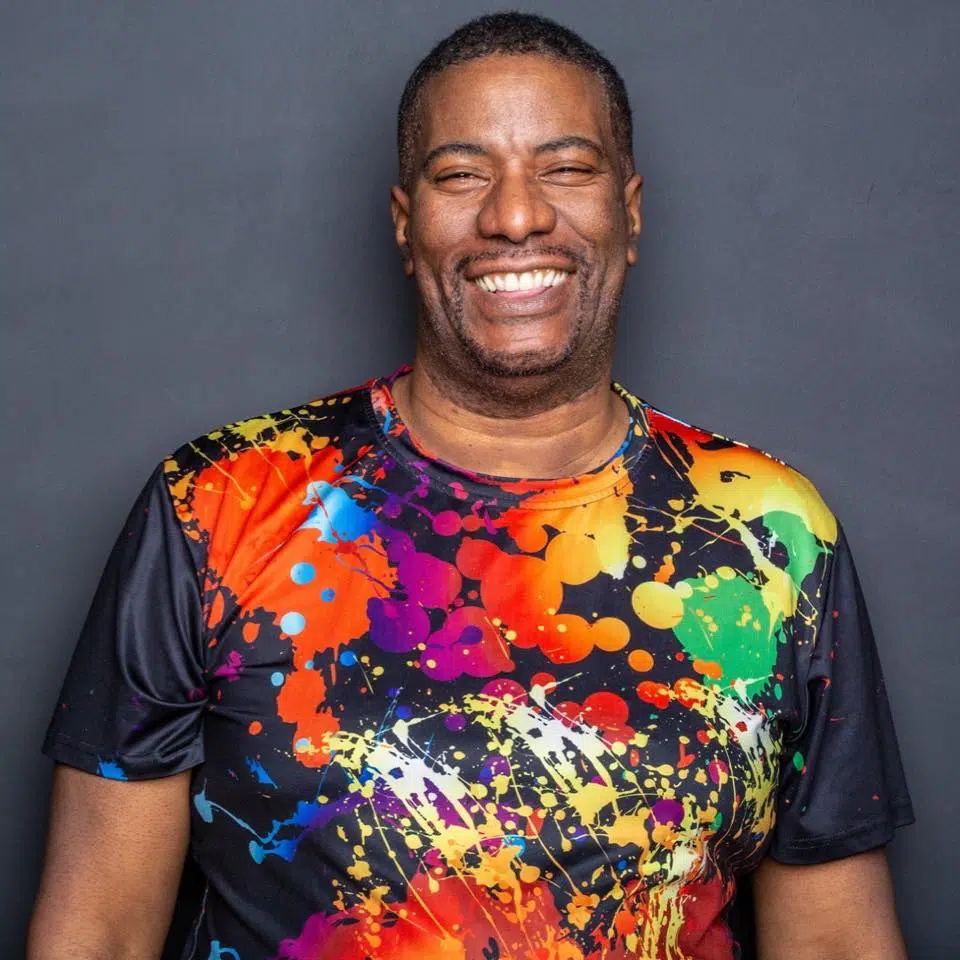House Music Guide: History, Subgenres, Clubs, and Artists
Always asking 'What is House Music'? Find out everything you need to know about the timeless genre.
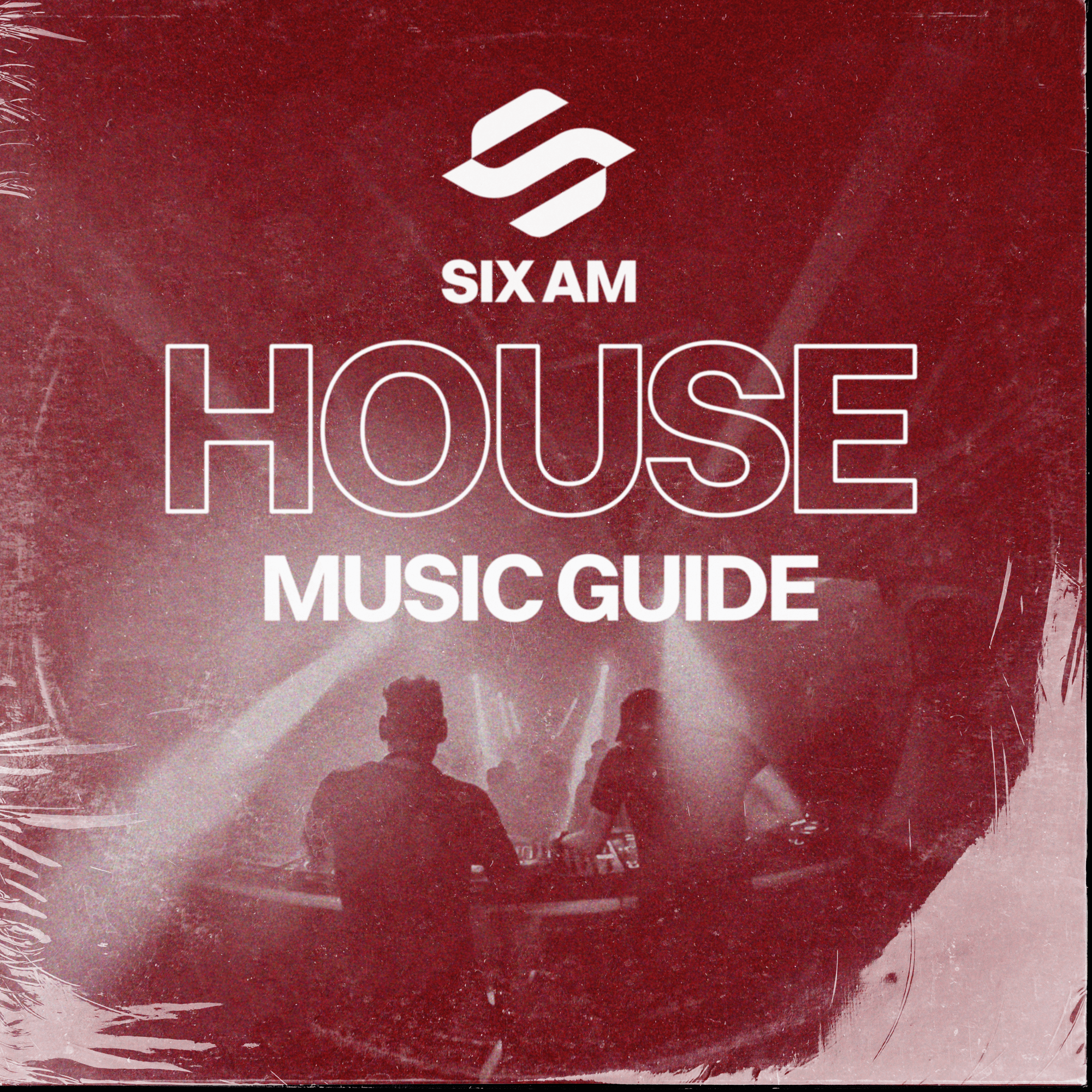
House music is one of the oldest forms of modern dance music that has made multi-generational impacts. It still is one of the cornerstones of dance music to this day and has an immortal presence and influence in all of music. Perhaps you’re a veteran house head who wants to have a little flashback into time and rediscover why you fell in love with it. Or maybe you’re new to house music and want to take a deep dive into this iconic genre with a rich history. Either way, SIX AM has got you covered with this house music guide.
Checkout out our Global Vibe Radio featuring the best in House and Techno from around the world!
What Is House Music?
House music is one of the original forms of modern dance music that has a 4/4 beat. Considered to be the descendant of disco music, house music has incorporated a variety of different traditional dance music such as funk, soul, afro-latin beats and much more. Today house music still maintains its original style and characteristics but has also evolved into a variety of sub genres that have incorporated different energies, instruments, and styles.
Characteristics of House Music
Many aspects of house music are similar to techno music. However house does have it’s own set of unique characteristics:
- House music has less of an emphasis on the heavy kick drum and uses it more to maintain rhythm and groove.
- House also does not have the consistent drive that techno tends to have.
- There tends to be more of an equal presence of a variety of sounds such as percussions, synths, non-electronic instruments and vocals.
- House music also does not necessarily require electronic instruments to be incorporated but can solely rely on samples and non-electronic instruments.
- Typically house music ranges from 115 to 130bpm and on average is one of the slower genres incorporating a 4/4 beat.
Brief History Of House Music
The exact creator of house music is unknown due to its underground origins and its roots to multiple genres of older dance music. However house music is often said to come from “the ashes of disco” and originated from the Chicago underground dance scene in the 1980’s.
Prior to house music, disco emerged from the LGBTQ, African American and Latinx underground dance communities on the US east coast in the 1970’s. It was often said that the underground disco clubs at the time were a safe haven for these minority communities.
For about a decade, disco grew into a dance phenomena and had a massive mainstream appeal as dance clubs such as Studio 54 became all the rage. However, the “disco fever” had a relatively short lived mainstream life span as music historians often said that disco “died” in 1979.
The oddly exact year of disco’s death is due to an event known as “Disco Demolition Night”. On July 12, 1979 the MLB association hosted an anti-disco rally where nearly 60,000 participants would burn and destroy disco records while chanting “disco sucks”. However many would note that this was not just a revolt against disco, but against all music associated with Black culture. Many rally participants were destroying albums that had nothing to do with disco, but simply featured Black artists. With this event and cultural backlash, dance music and its safe haven was forced to return to an underground movement.
Watch Now: Pump Up The Volume: A History of House Music
Due to the disco rage and technological advancements of record players, djs became more than just “disc jockey’s” but performance artists. Djs were now able to play vinyl records without a gradual build to the tempo of the track (prior to this vinyl players had to take some time to get up to the intended speed, making timed mixing impossible); and were able to be “harder” on record players with such techniques as “scratching”. Djs were also now able to speed up or slow down old disco records and could perform “marry-go-round” techniques where a dj would use two record players to live loop one section of a track djs thought were more danceable and appealing for the audience. This of course led to the revolution of Hip Hop and also played a huge hand in the creation of house music.
Where Did House Music Start?
Even though disco was considered “dead” in the late 70’s, the dance music scene was still alive in Chicago in the early 80’s. Dj’s such as Frankie Knuckles, who was known as “The Godfather of House music”, would employ these new aforementioned djing techniques at the “Warehouse” club in Chicago. Many would accredit this club’s name for being the seed to the name “house” music- however, to this day no one can officially say how and who officially coined this term.
These Chicago based djs such as Knuckles, would take these live mixing loop techniques to another level. Frankie Knuckles, Ron Hardy and others, would record their live disco loops and splice in different genres as well as add in drum machines such as the Roland 808 and 909 at their home (which is also another possible source of the name, house music). This created a much more repetitive and aggressive sound that the club patrons in Chicago loved.
However, this newer sound didn’t have one giant leap; it slowly evolved from disco, with many artists adding different techniques and personal touches. No one “officially” called their music “house music” until the mid 1980’s where it was already the widely used unofficial “slang term”. This made house music’s exact official start difficult to pin point. However many credit Jesse Saunder’s 1984 “On and On” as one of the first proper house albums.
However, this newer sound of “house music” was embraced by much of the underground dance community and began to spread throughout the world. House music helped influence and inspire “The Bellville Three” who are credited with creating techno music in Detroit. From this resurrection of disco, house music has spawned a multitude of genres that is widely embraced today even by the mainstream public.
House Music Subgenres
Since house music is one of the oldest forms of dance music it is bound to have a multitude of subgenres for the listening ear. Here’s a few top genres of House:
Chicago House
Considered to be the OG style of house music that came up in the 1980’s. This style of music often used various samples from disco, funk, and more along with drum machines such as the roland 808 and 909. Chicago house has also been known to be fairly upbeat and energizing in feeling to get people dancing.
Jackin’ House
Originally “jackin” was a style of dance that was often associated with dancing to house music. However, overtime it became it’s own genre of house music. On the average jackin house was usually on the faster end at about 126 to 130bpm. Jackin house also tended to be like house music but with heavier funk based basslines and use of chopped up vocal samplings as well as samples from R&b, Funk, Disco, and more.
Disco House
Although house’s origins came from disco, it didn’t necessarily sound exactly like disco. Unlike Chicago style house, disco house almost always sampled the big orchestral sounds you hear in disco along with being fairly fast paced. Lots of funk was involved with disco house but you could almost say disco house sounded pretty much like a standard disco song with a heavier kick drum and more of a repetitive loop on the danceable parts.
Deep House
Deep house is probably one of the slower forms of house music having more of a focus on slow grooves. Deep house tends to have more of a less aggressive jazzy and soulful feel along with using more of a grooving deep bass, hence the name.
Tech House
Many often say tech house is akin to the middle of techno and house- thus tech house. This form of music is often darker and grittier in feel and more aggressive than the standard house music; but not as much of a consistent drive like techno music. Tech house is known to have a very bouncy grooving bass line.
Electro House
Although initially using more of the old school electro sounds of the 80’s, electro house evolved into a very high energy heavy synth driving form of house music, that became very popular amongst the EDM community. Electro house has more of a focus on large powerful synths and riffs that drive the energy while using the 4/4 beat of house music. Typically Electro House sticks to the 128bpm range also incorporates big rises and drops.
Progressive House
Somewhat similar to electro house, what is considered progressive house today was completely different than when it was first established in the 90’s. Today progressive house makes use of synths but has a focus on music and melodic progression rather than driving loops and riffs. Progressive house also tends to have less of an aggressive feel of electro or tech house and people often feel that progressive house can be “trancey” but with a house groove.
Future House
Somewhat of a combination of electro, progressive, tech, and deep house, future house popped up only within the last decade. It’s a form of house that is also very popular amongst EDMer’s as well as being played at large festivals. Future house on average tends to be fairly fast bpms and is known to have driving bass as well a heavy metallic like synth stabs.
Tropical House
Tropical house is a mid to slower form of house music that incorporates percussions and beats often associated with tropical music. It has many aspects of progressive house and deep house. It tends to be more of a relaxed vibe and is often played at beach parties etc.
Minimal House
Minimal house tracks typically have less elements and focus more on quality the of sounds, where the sounds sits in space, and a gradual subtle progression that hypnotizes the listener. Sometimes also referred to as micro house, the vibe and feel of has funky swung bass lines, hard panned effects, meshing with loopy 80s style spacey synth leads, sci-fi pads, and minimal clean (707, 808, 909) drum progressions push the tracks along and bring it all together.
Popular House Music Artists
With the explosion of house music all across the world and the multitude of genres that came from it, there are almost an innumerable amount of popular house music artists. However here are some of the most impactful and popular house music artists to know.
Frankie Knuckles
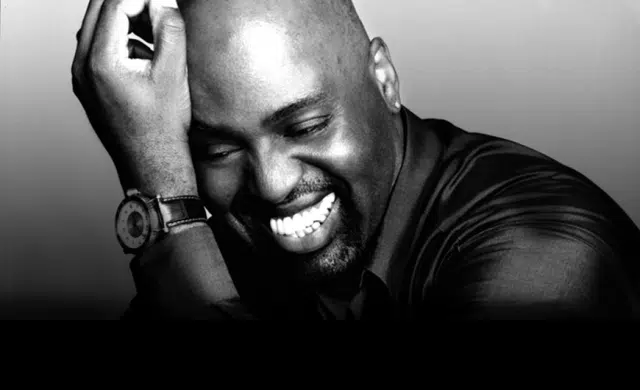
Known as the “God Father of House”, Frankie Knuckles is undoubtedly one of the major pioneers of house music. In 2005, Frankie Knuckles was inducted into the Dance Music Hall of Fame for his achievements in House Music, all the while as he continued to be a pivotal and contributing producer and DJ in his own right. Unfortunately Frankie Knuckles had passed in 2014, but still leaves in immortal presence in the music world.
Jesse Saunders
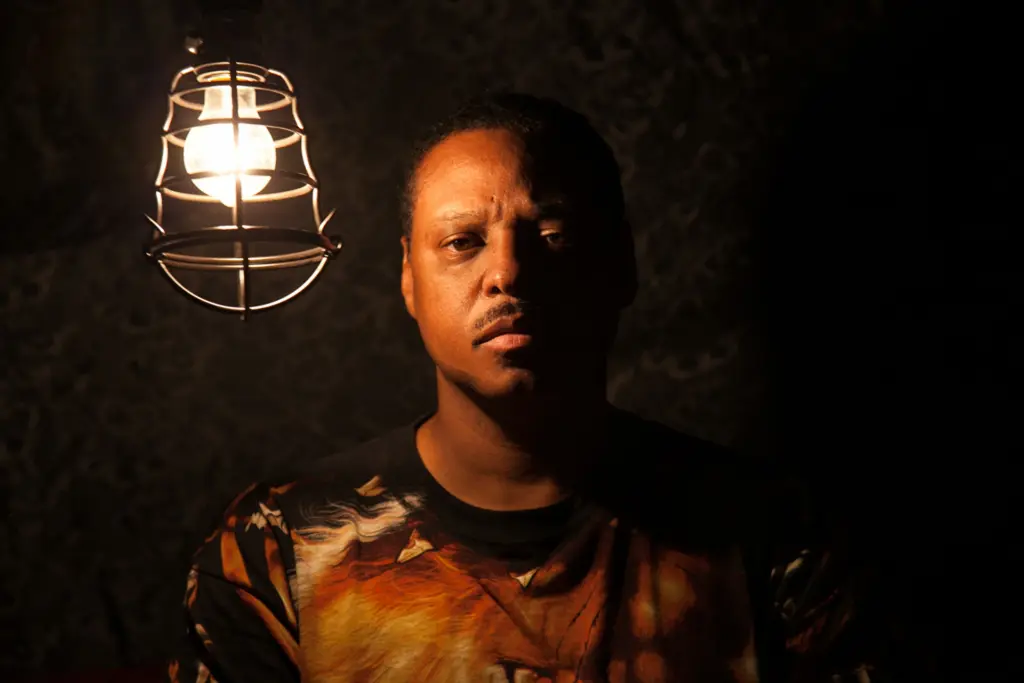
One of the pioneers of Chicago house, Jesse Saunders was considered to be one of the first producers of a true house music album. His impact was so much so that July 17,1997 was declared as “Jesse Saunders and the Pioneers of House Music Day” in Chicago.
Marshall Jefferson
Another pioneer of house music, Jefferson’s track “Move Your Body” was considered to be the house anthem of the time. Interestingly enough it was also the first official house track that used a piano.
Danny Tenaglia
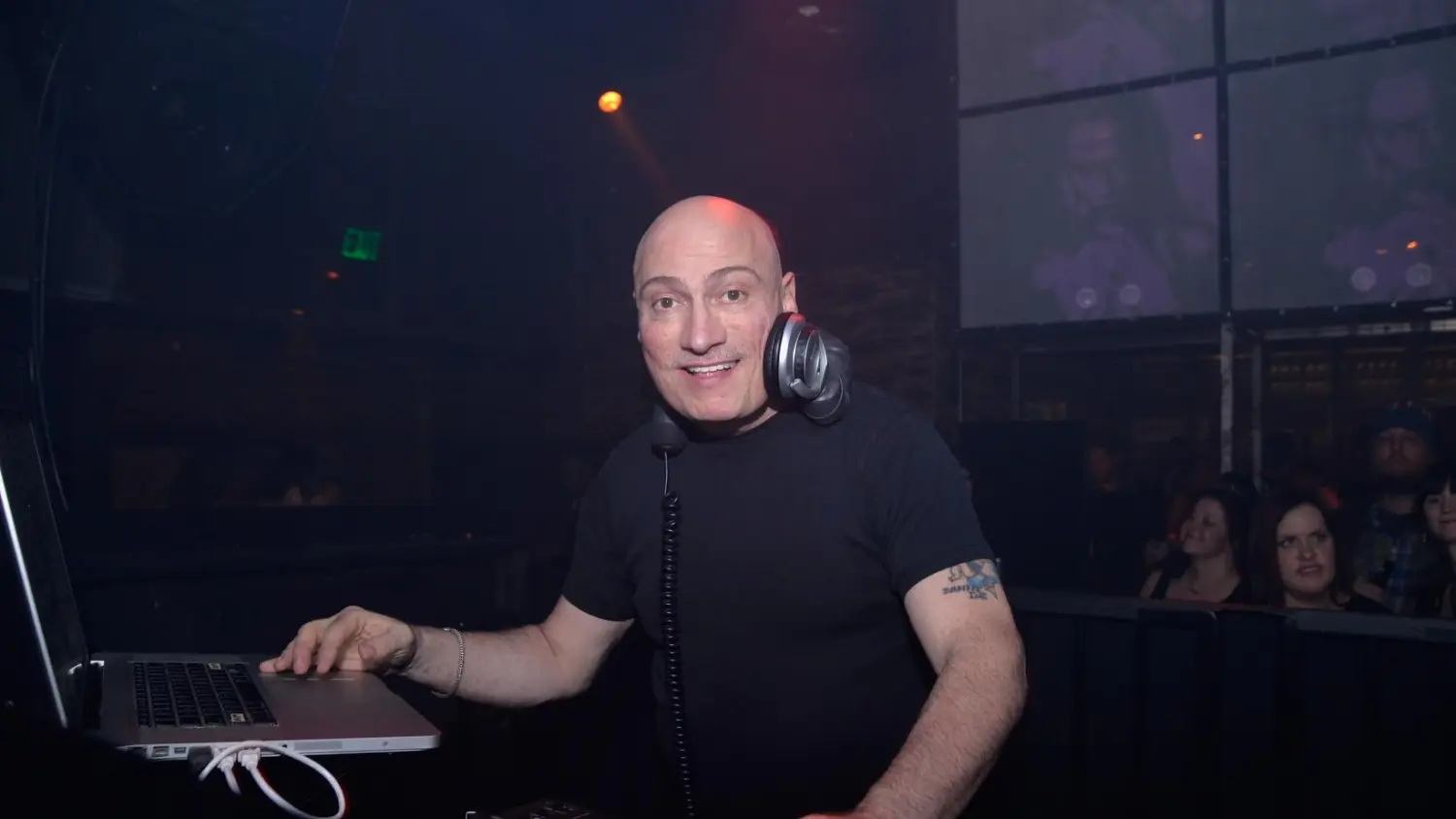
Between the mid-1980s through early 90s, clubs from New York City to Miami saw Tenaglia fill dance floors on a weekly basis. These residences gave him recognition not only among music fans but in the DJ circuit alike. Today he is one of the most recognizable and sought after names in house music.
Paul Johnson
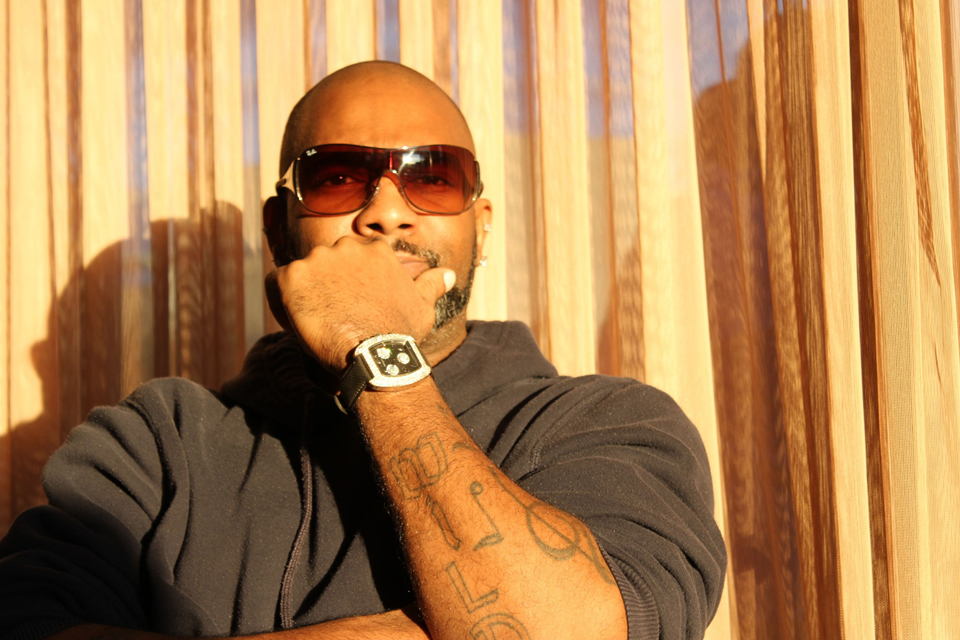
An infectious, kind and loving character, Paul Johnson is best known for his self-taught DJ style of house music and his 1999 single “Get Get Down”, which became a worldwide hit. Johnson first began DJing in Chicago in 1984 when he was 13, and started working as a producer in 1987, doing tracks for Chicago house labels Dance Mania, Relief, Cajual, Nite Life, Undaground Therapy, Defected, DJax Up Beats, Peacefrog, and Moody. Unfortunately Paul Johnson has passed recently due to COVID, but the impact of his music still goes on.
Kaskade
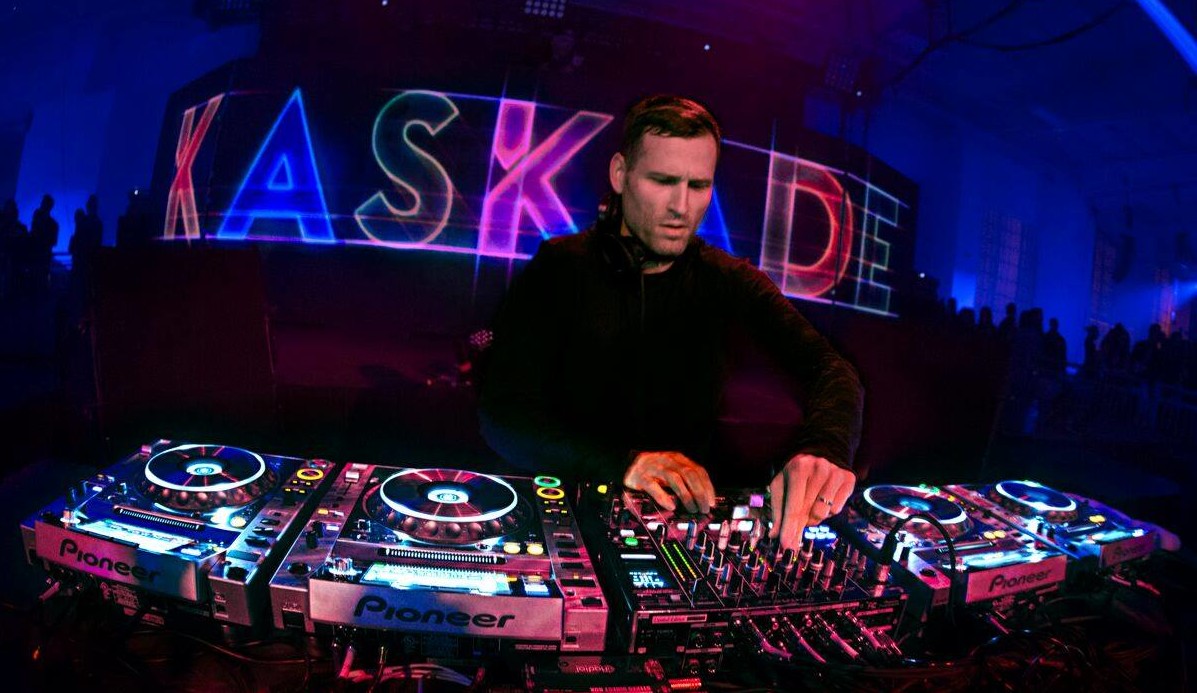
Having started as a deep house producer, Kaskade‘s popularity exploded during the 2010’s with his more progressive house tracks. A world renown name within the EDM community, Kaskade helped usher in a new phase in house music that made it more fitting for the massive rave scene.
Derrick Carter
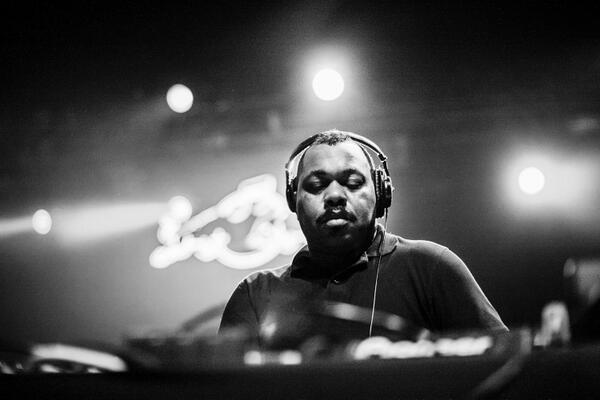
Known as one of the key players of Chicago’s ’90s house music wave, Carter has been known to step outside standard club tastes, incorporating bits of disco, soul, jazz, new wave. Like the other pioneers of house music his name has reached a legendary status.
Mark Knight

Toolroom Records’ head honcho Mark Knight has cultivated some of the best work in the tech house genre, allowing him to remain amongst the top of our scene and as a result, his imprint and all affiliated entities have become a staple in the music industry for years.
Deadmau5
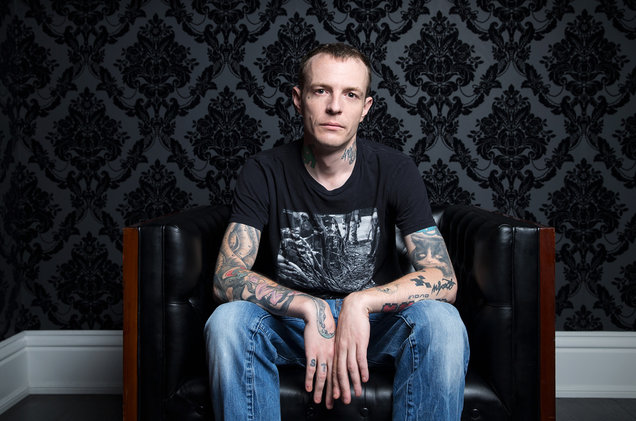
Although many would not consider Deadmau5 to be a standard house music producer, he did help bring in the modern electro house into massive popularity for the EDM crowd to enjoy. This world famous producer has been well known even to the mainstream crowds as his music as obtained a massive popularity and following.
Cajmere
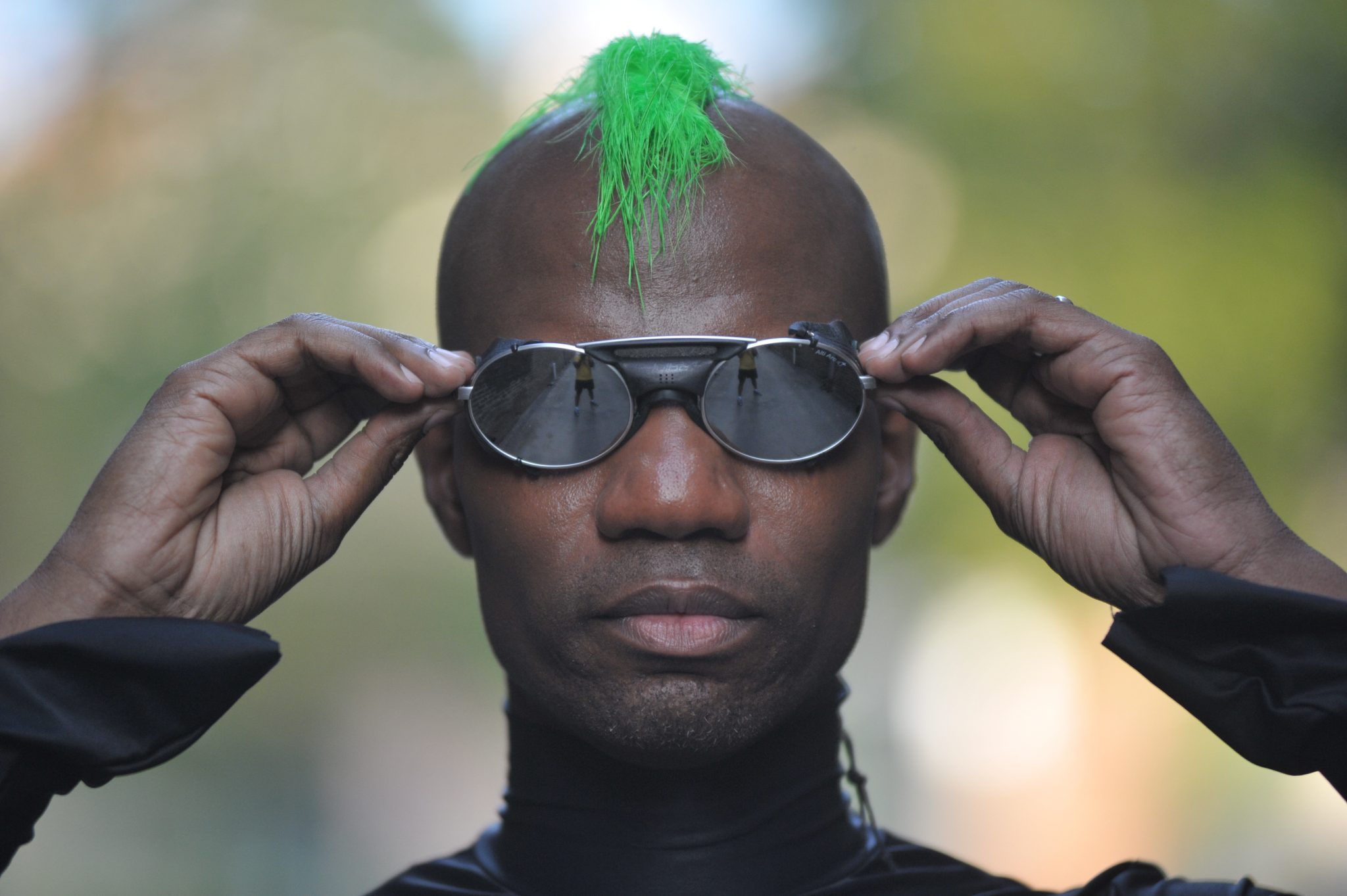
The house alias of iconic Curtis Alan Jones, the Cajmere name predates his Green Velvet project. Having produced as Cajmere since the early 90’s, Cajmere has created timeless classics as “Percolator” and is still a sought after presence in the dance music scene.
John Summit

John Summit exploded onto the scene in 2020 with his hit "Deep End," released on Defected Records, which became the longest-running Beatport No. 1 track of the year. Regardless of your opinion, he has become one of the most popular house music acts in recent days.
Got To Be That House Music…
From the ashes of disco arise a genre of music that has thrived and continues to grow in popularity. From the underground clubs of Chicago to being played at massive festivals house music has made an epic evolution and created an even more epic musical revolution. Just like Marshall Jefferson sang in his house music anthem… With that house music… you can’t go wrong.
